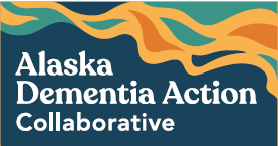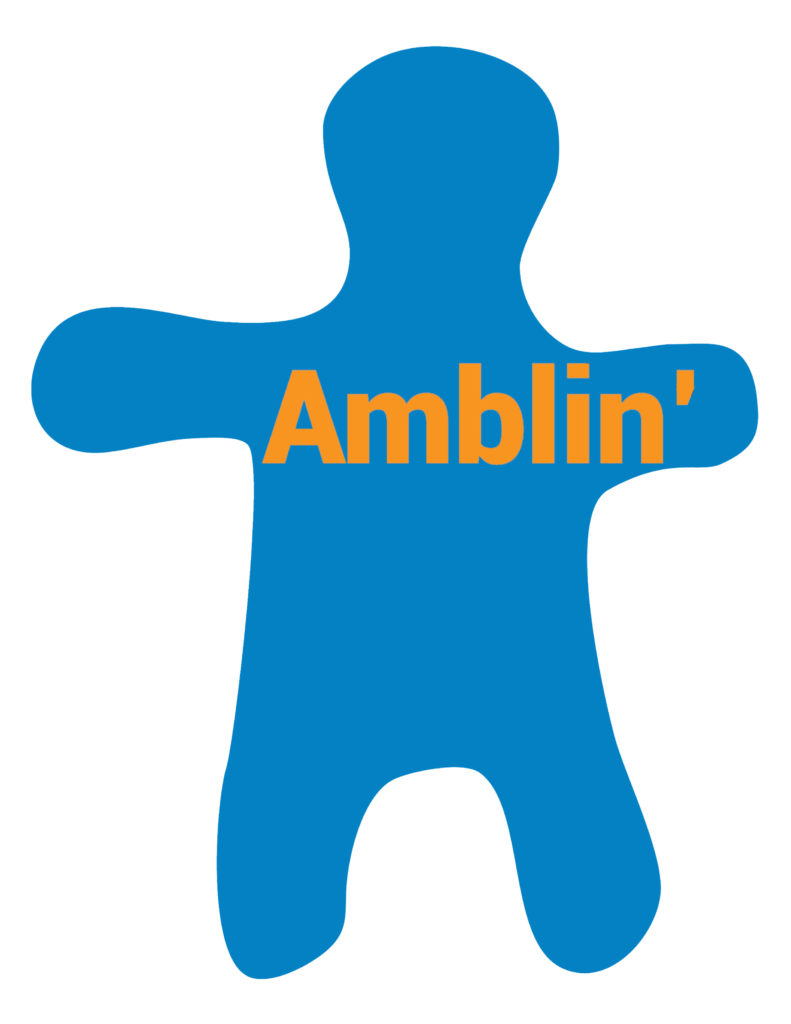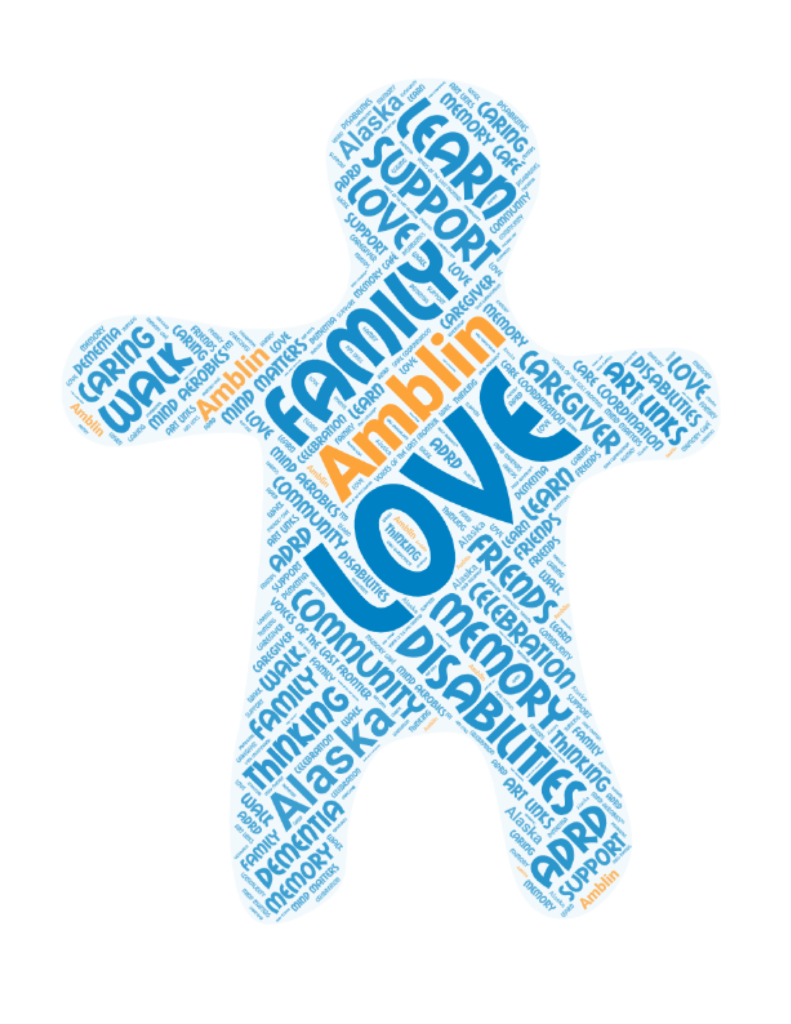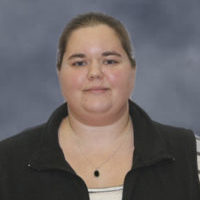This message was shared from the Dementia Action Collaborative Project.
In meetings back in the Fall, the Funding workgroup of the Dementia Action Collaborative identified the need to embed a Public Health approach into the work of increasing Alaska’s capacity for addressing ADRD. This led to the development of legislation that directs the Division of Public Health to implement dementia awareness and planning into its array of programs and services. Rep. Stutes introduced HB308, closely followed by its companion SB216, introduced by Sen. Costello.
The wheel below provides an overview of the 10 essential public health services which explains the expertise and perspective public health will bring to this work. At the federal level, the BOLD Act is driving public health efforts in many states. The goals of the BOLD Act are to 1) increase early diagnosis, 2) reduce risks, 3) prevent unnecessary hospitalization and 4) support caregivers. In Alaska we are hopeful that successful passage of the proposed legislation will include funding for a dedicated position in the Division of Public Health. The person in this position will be able to actively participate in the Dementia Action Collaborative as well as potentially pursue BOLD Act funding.
Thank you to everyone who has taken time to advocate for this important issue. And thank you to the national Alzheimer’s Association policy manager Elizabeth Bolling for her work on assisting with this legislation. The Dementia Action Collaborative will be hosting a legislative Lunch & Learn on March 4, with lunch sponsored by the Alaska Mental Health Trust. Kelda Barstad, Pam Kelley, and Kim Champney will be at the Capital to provide attendees an overview of the Collaborative to legislators.
We encourage everyone to contact their legislators in support of HB 308 and its companion, SB 216. Visit our advocacy page to learn how to contact your legislators.


 Make a Payment
Make a Payment



